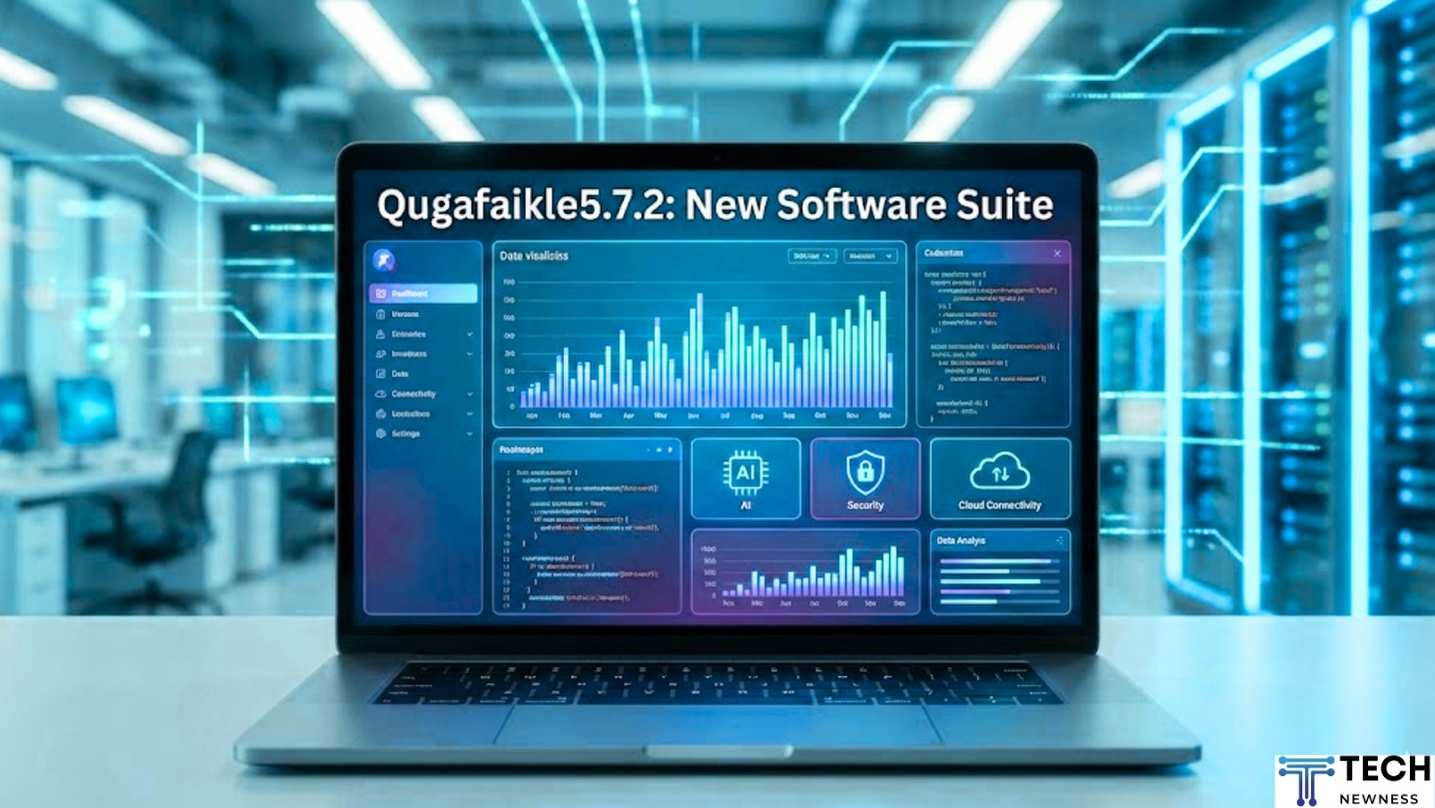Have you ever encountered the mysterious IP address and port number combination “127.0.0.1:62893” and wondered about its significance? As a tech-savvy individual, you may be familiar with the concept of localhost, but the specific port number might leave you puzzled. In this comprehensive guide, you’ll delve into the technical intricacies of this address, exploring its role in networking, software development, and system administration. By the end of this article, you’ll have a clear understanding of what 127.0.0.1:62893 represents, how it’s used, and why it matters in various technical contexts. Prepare to demystify this seemingly cryptic combination and expand your knowledge of network addressing.
What is 127.0.0.1:62893?
127.0.0.1:62893 is a special loopback address and port combination used for internal communication within a computer. The IP address 127.0.0.1 allows a device to communicate with itself, while 62893 represents a specific port number.
Purpose and Benefits
This localhost address serves several important functions:
- It provides an isolated environment for testing and debugging software without affecting external systems.
- It enables faster application development and response time measurement, as communication occurs locally.
- It allows developers to simulate server behavior and optimize networking code.
Common Applications
127.0.0.1:62893 is frequently used in web development, database management, and network troubleshooting. It provides a secure sandbox for testing new features and conducting workshops. Additionally, it can be utilized for security purposes, such as malware analysis in a controlled setting.
The Purpose and Function of 127.0.0.1:62893
Understanding the Loopback Address
The IP address 127.0.0.1:62893 serves a crucial role in software development and network diagnostics. 127.0.0.1 is a special loopback address that allows a computer to communicate with itself, while 62893 represents a specific port number. This combination creates a controlled environment for testing and debugging applications without affecting external networks.
Applications in Development and Testing
Developers frequently utilize 127.0.0.1:62893 to create a safe, isolated environment for troubleshooting and refining their code. This setup enables them to run local web servers, access databases, and test network protocols efficiently. By using this loopback address, programmers can identify and resolve issues before deploying their applications to live systems.
Security Considerations
While 127.0.0.1:62893 offers numerous benefits, it’s essential to exercise caution. Exposing this port publicly can lead to security vulnerabilities, potentially allowing unauthorized access or denial-of-service attacks. To mitigate risks, ensure that firewalls are properly configured and that applications using this address receive regular updates.
How 127.0.0.1:62893 Works

Understanding the Loopback Address
The IP address 127.0.0.1:62893 is a combination of the localhost address (127.0.0.1) and a specific port number (62893). This loopback mechanism allows your computer to communicate with itself, creating a closed loop for internal processes. When data is sent to 127.0.0.1:62893, it’s routed back to the same machine, never leaving your system.
Applications and Uses
This localhost setup is crucial for developers and IT professionals, enabling them to test applications, troubleshoot network issues, and debug software without affecting external systems. It’s particularly useful in web development, database administration, and network diagnostics. For instance, you can run a local web server or database and access it through 127.0.0.1:62893 in your browser or database client.
Security Considerations
While 127.0.0.1:62893 is primarily used for internal communication, it’s important to note that misconfigurations can still pose security risks. Ensure that services running on localhost are properly configured and regularly updated to prevent potential vulnerabilities. Encrypting data traffic and implementing strong access controls are crucial steps in maintaining a secure localhost environment.
Practical Applications of 127.0.0.1:62893
Web Development and Testing
127.0.0.1:62893 plays a crucial role in web development and testing. Developers often use this localhost address and port combination to prototype and develop initial versions of programs on their local machines. This setup allows for effective debugging and issue resolution in a controlled environment. It’s particularly useful when multiple developers collaborate on the same project, enabling them to test features independently before integration.
Database Management and Security
For database management, 127.0.0.1:62893 is invaluable. It allows developers to set up local development environments for databases like MySQL and PostgreSQL. This local setup facilitates data manipulation and testing of programming logic without affecting production data. From a security standpoint, using 127.0.0.1:62893 provides a secure, isolated environment for testing applications, ensuring they function correctly before deployment to live servers. However, it’s crucial to implement strict access controls and conduct regular vulnerability assessments to maintain security.
Potential Benefits of Using 127.0.0.1:62893
Enhanced Security and Isolation
Using 127.0.0.1:62893 provides a secure and isolated environment for software development and testing. This loopback address allows you to run applications locally, reducing the risk of external threats and attacks. By confining network traffic to your own machine, you can enhance overall system security and protect sensitive data during the development process.
Streamlined Development and Debugging

The use of 127.0.0.1:62893 significantly improves the efficiency of software development. It provides a controlled environment for testing new applications without the need for external network resources. This setup allows for faster feedback loops and quicker identification of bugs. Additionally, it simplifies the debugging process by eliminating network latency and external factors, enabling developers to pinpoint and resolve issues more effectively.
Learning and Performance Optimization
Utilizing 127.0.0.1:62893 offers valuable opportunities for understanding networking concepts and improving application performance. It serves as a mini-lab environment, allowing you to explore client-server communication and TCP/IP principles hands-on. Furthermore, this isolated setup helps prevent conflicts with other applications, optimizing overall system performance and creating a stable environment for thorough testing before deployment.
Security Considerations for 127.0.0.1:62893
Potential Risks
While 127.0.0.1:62893 is generally secure for local testing, it’s not without risks. Misconfigurations can lead to unintended exposure if a service is accidentally bound to all network interfaces instead of just localhost. Additionally, if services are exposed accidentally, they could be subject to port scanning and potential attacks.
Best Practices for Secure Usage
To use 127.0.0.1:62893 safely:
- Ensure services listen only on 127.0.0.1, not all network interfaces
- Implement proper firewall rules to prevent unauthorized access
- Regularly update and patch all software interacting with this address
According to security experts, encrypting data traffic sent over these ports and conducting regular audits of servers and applications can provide an additional layer of protection.
Avoiding Common Pitfalls
Inexperienced users may attempt to use 127.0.0.1:62893 for hacking or DDoS attacks, which can be highly risky to their own system. To mitigate these risks, always use secure connections when accessing websites and block any addresses that shouldn’t be accessed through loopback IP addresses.
FAQs About 127.0.0.1:62893
What is 127.0.0.1:62893?
127.0.0.1:62893 is a combination of the loopback IP address (127.0.0.1) and a specific port number (62893). The loopback address allows a computer to refer directly to itself, while the port number is used for communication on this address. This configuration is commonly used for testing, debugging, and local development purposes.
Can I change the port number?
Yes, you can change the port number. To modify the port, you’ll need to adjust the configuration file of the service or application you’re using. For example, you might change the “Listen” directive in a web server configuration file to use a different port.
Is 127.0.0.1:62893 secure?
While 127.0.0.1:62893 is generally secure since it doesn’t leave the local system, there are potential risks to consider. Misconfigurations or vulnerabilities in software running on this address could be exploited. To enhance security, encrypt data traffic, apply security patches regularly, and conduct periodic audits of your local servers.
Conclusion
In conclusion, understanding 127.0.0.1:62893 is crucial for network administrators and developers alike. This local IP address and port combination play a vital role in testing and debugging network applications. By grasping its significance, you can more effectively troubleshoot connectivity issues, optimize your network configurations, and develop robust applications.
Remember that while 127.0.0.1 always refers to the local machine, the port number 62893 is dynamic and can vary. As you continue to work with network technologies, keep this knowledge in your toolkit to streamline your processes and enhance your problem-solving capabilities. Mastering these fundamental concepts will undoubtedly contribute to your success in the ever-evolving world of network communications.
See Also: Ultimate Guide to Cloud Network Security: Best Practices and Solutions





